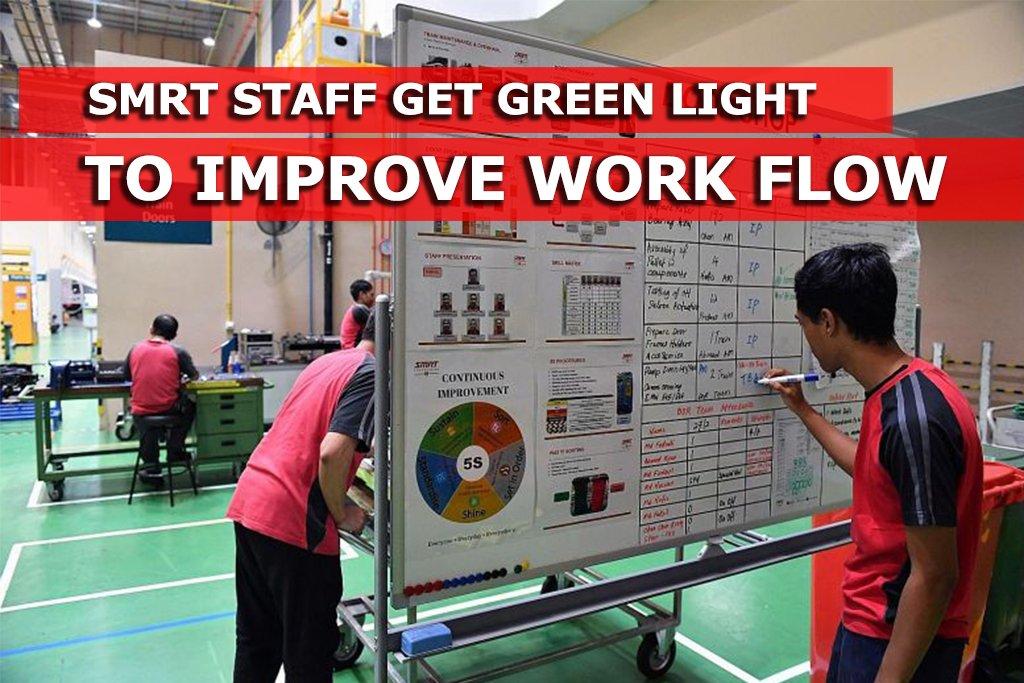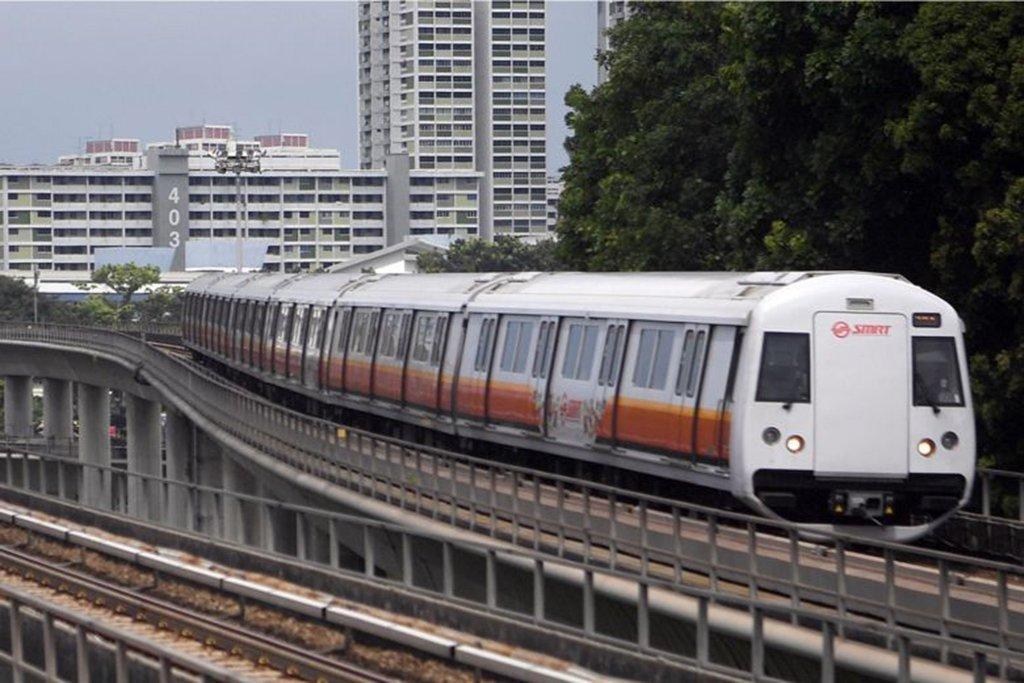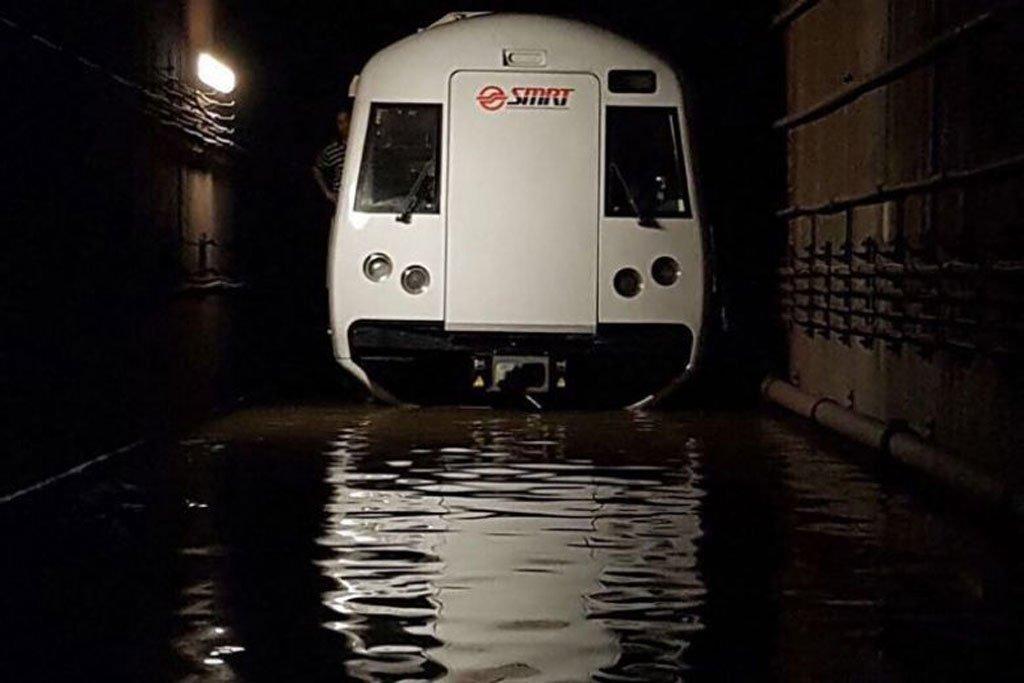SMRT staff get green light to drive work flow improvements
28 Feb 2018|1,757 views
Just days after announcing better starting salaries for employees, rail operator SMRT said yesterday it also wants to give staff greater opportunity to make improvements in their own work. The firm said that it introduced the Japanese concept of kaizen, or continuous improvement, at the Tuas depot and City Hall MRT station a month ago, and plans to scale up the use of the business model.
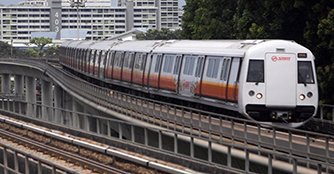
SMRT's Chief Corporate Officer Gerard Koh told reporters, "This, in turn, will improve work quality and directly impacts the reliability of our trains... It makes staff feel accountable and helps in the ownership of the work they do."
At the Tuas depot in Tuas West, for example, a wash station used to clean train wheel components has been relocated, to minimise the need for staff to carry parts around, improving safety and efficiency.
Mr. Aqeel Kaskhy, a team leader from the wheelset unit at Rolling Stock Workshop, said that, with the change, the unit's 13 staff have each shaved about 20 minutes off the time spent every day transporting wheel components to and from the wash station.
This amounted to 260 minutes, or more than four hours, saved every day. Mr. Koh said it took depot staff six days to remove and clean a train's components, and, if efficiently done, this could be reduced to between five and 5.5 days.
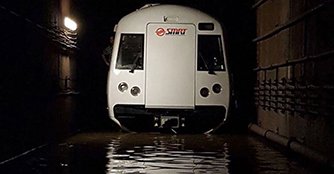
When asked if the introduction of Kaizen could help tackle the 'deep-seated cultural issues' in a small proportion of SMRT's workforce - a matter raised by Chief Executive Desmond Kuek last year as one of the reasons for its reliability problems - Mr. Koh said this was not the case.
"I won't say it's addressing a cultural problem. The staff do give feedback... they are quite proud of their work. They know the impact of what they do on reliability and commuters," he said.
Last October, the MRT tunnel between Bishan and Braddell stations flooded, shutting down a large segment of the North-South Line for over 14 hours, affecting 231,000 commuters. Investigations found lapses in the maintenance of flood prevention systems, with work records being falsified by staff.
Last Saturday, SMRT announced it was raising starting salaries, by more than 10 percent in some cases, and will offer five-year re-employment contracts to attract and retain staff. The company also said it plans to add 2,500 more employees to its 11,000-strong workforce over the next three to five years.
Just days after announcing better starting salaries for employees, rail operator SMRT said yesterday it also wants to give staff greater opportunity to make improvements in their own work. The firm said that it introduced the Japanese concept of kaizen, or continuous improvement, at the Tuas depot and City Hall MRT station a month ago, and plans to scale up the use of the business model.

SMRT's Chief Corporate Officer Gerard Koh told reporters, "This, in turn, will improve work quality and directly impacts the reliability of our trains... It makes staff feel accountable and helps in the ownership of the work they do."
At the Tuas depot in Tuas West, for example, a wash station used to clean train wheel components has been relocated, to minimise the need for staff to carry parts around, improving safety and efficiency.
Mr. Aqeel Kaskhy, a team leader from the wheelset unit at Rolling Stock Workshop, said that, with the change, the unit's 13 staff have each shaved about 20 minutes off the time spent every day transporting wheel components to and from the wash station.
This amounted to 260 minutes, or more than four hours, saved every day. Mr. Koh said it took depot staff six days to remove and clean a train's components, and, if efficiently done, this could be reduced to between five and 5.5 days.

SMRT looks to recover public confidence amid public frustration with frequent disruptions and last October's tunnel flooding
When asked if the introduction of Kaizen could help tackle the 'deep-seated cultural issues' in a small proportion of SMRT's workforce - a matter raised by Chief Executive Desmond Kuek last year as one of the reasons for its reliability problems - Mr. Koh said this was not the case.
"I won't say it's addressing a cultural problem. The staff do give feedback... they are quite proud of their work. They know the impact of what they do on reliability and commuters," he said.
Last October, the MRT tunnel between Bishan and Braddell stations flooded, shutting down a large segment of the North-South Line for over 14 hours, affecting 231,000 commuters. Investigations found lapses in the maintenance of flood prevention systems, with work records being falsified by staff.
Last Saturday, SMRT announced it was raising starting salaries, by more than 10 percent in some cases, and will offer five-year re-employment contracts to attract and retain staff. The company also said it plans to add 2,500 more employees to its 11,000-strong workforce over the next three to five years.
Latest COE Prices
July 2025 | 1st BIDDING
NEXT TENDER: 23 Jul 2025
CAT A$101,102
CAT B$119,600
CAT C$66,689
CAT E$118,500
View Full Results Thank You For Your Subscription.
